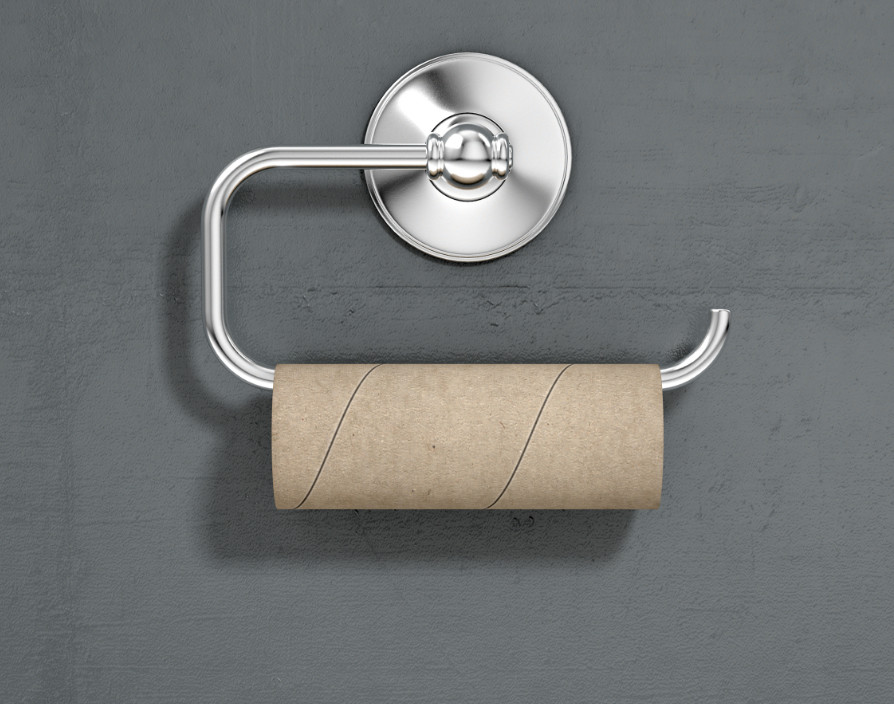Nearly two years after Brexit, the challenges of supply chains are starting to hit headlines and supermarket shelves. For many businesses, this is a mammoth issue as we have heard from the CBI. I asked three small businesses how they were coping.
Michelle Davison runs an education toy business, AMDandMe. Many of her EU fabric suppliers simply stopped shipping to the UK due to confusion over paperwork and border delays. Michelle has moved most of her suppliers to the UK, but this has meant her paying £21.50 for fabric for toys she manufactures that previously cost her £15.90. Toys that she was buying through niche independent importers she has re-sourced from UK manufacturers or intermediaries. Some costs rose by as much as 33%. By replacing suppliers, she has managed to keep that down to 5%. Some of the 5% she has passed on and some absorbed. It hasn’t solved all the problems. UK suppliers are suffering stock shortages, and she has had to drop some products altogether. As if that wasn’t tough enough, Michelle was also selling into the EU. Having mastered the new regulations, Michelle found she would need an authorized representative to act as a contact point for EU sales. The cost was just not viable for her at the moment, and she lost 23% of her sales, which she describes losing that volume of sales as “very scary.”
Liz Rawlinson supplies baby mats through her company Gus + Beau. These are made of EVA foam, which she imports from China via the EU. The raw material is simply not made in the UK, so the option of on-shoring is not open. The pandemic has played havoc with her costs. The shipping costs for a container have risen from £1,800 to nearly 10,000. Not surprisingly, her cash flow has suffered badly. Additionally, shipping companies are starting to demand money upfront instead of when the goods arrive in the UK. There are constant delays, and, Liz says, you can never guarantee any arrival date anymore.
Tim Rundle-Wood’s company is London-based Twoodle Co which makes naturally scented candles, diffusers, and soaps. Tim, too has had problems with imports. One large order from Germany was sent back for seemingly no reason as the paperwork was all correct. He finally received part of the shipment, but the remainder was returned to the German supplier, who decided to stop shipping to the UK. Some bottles had arrived, but lids were in the lot sent back to Germany, so what Tim received was useless. By the last quarter of 2020, stocks had dried up completely, with some items being unavailable for over a year. He has changed to UK suppliers, which hasn’t been without problems. The choice is more limited, specifications have had to be changed. He has to order thousands rather than hundreds, and all the changes have meant some stock had to be re-photographed. Deliveries are much slower. Candle glasses Tim bought in April are yet to arrive, meaning the candles are lying around as dead stock. Overall, however, he says he has managed to transition without disruption.
As yet, Liz has been unable to find products closer to home and is having to absorb the price, knowing that she will have to pass some on this Autumn, when, she believes, we will see many companies’ prices skyrocket. Michelle plans to be more aggressive with her UK sales and get back into the EU in time. Having found new UK suppliers, she says it feels good to be supporting other UK businesses. She is now turning all her offcuts into reusable wipes, meaning greater sustainability and another income stream. Tim says it is hugely important to focus on the positives. While buying more significant stock levels is bad for cash in the short term, it means his availability is now more robust than the competition. Using UK manufacturers will be more cost-effective and more eco-friendly in the long run. He believes that eventually, he will be able to bring his costs per unit down by buying larger quantities, possibly by as much as 40%. Lower costs will give him a competitive edge to tackle the wholesale market, opening up a bigger pool of customers. Tim believes that he will be able to use all the changes to his advantage and pass on the benefits to his customers in the long run.
One can applaud their immense resilience. The CBI reports have also been underlying that stock adequacy is a colossal problem. By the end of August, we had seen that it was the weakest on record since 1977, driven predominantly by the electronic, engineering, and plastic products sub-sectors. We have heard much of the issue of lorry drivers and Brexit, which has undoubtedly combined into a toxic mix. Far from benefitting small businesses by opening up the world, many of them are having to on-shore to survive, but our on-shore suppliers are running out of their supplies in turn. How long till the entire chain dries up altogether?
“
Share via:








































